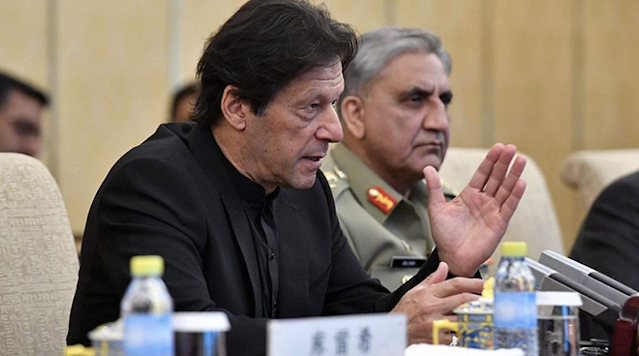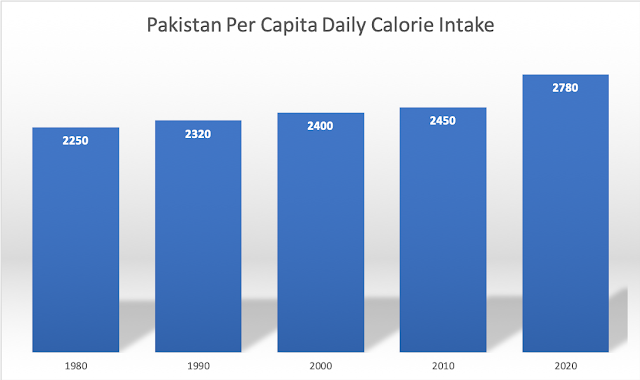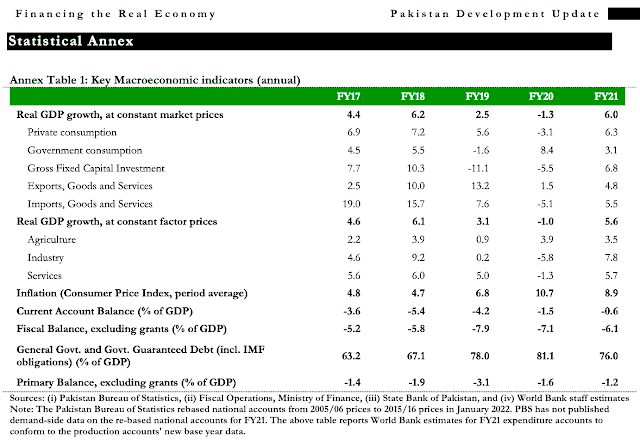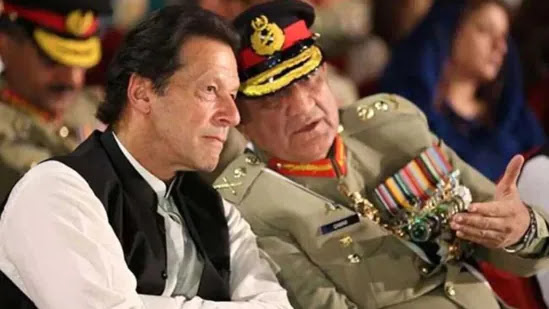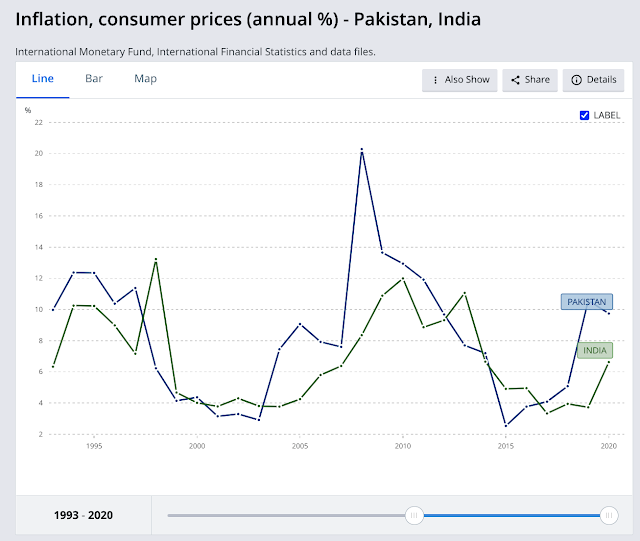Independent candidates backed by the Pakistan Tehreek e Insaf (PTI) party emerged as the largest single block with 93 seats in the nation's parliament in the general elections held on February 8, 2024. This feat was accomplished in spite of huge obstacles thrown in front of the PTI's top leader Imran Khan and his party leaders and supporters by Pakistan's powerful military to prevent their victory.
 |
| Pakistan's Official Election Results 2024. Source: Aljazeera |
Imran Khan and his top party leaders were thrown in jail on trumped up charges, his party was denied a unified electoral symbol of cricket bat, his supporters' rallies were banned, the mainstream media were prevented from carrying PTI leaders' speeches and the Internet was repeatedly blocked when the party held online events. So how did they succeed in spite of it? The answer lies in how skillfully the PTI activists used technology to get the party's messages out to the country's young electorate.
Well over 90% of Pakistan's adults have access to the Internet. This allows them to use a variety of apps ranging from TikTok and YouTube to Facebook, Instagram and X. The PTI supporters used AI (Artificial Intelligence) to produce Imran Khan's speeches using his own voice and words and made them go viral. They used X Spaces to engage with the public. Here's how Uzair Younus, a Pakistani-American analyst at The Atlantic Council, a Washington-based Think Tank, describes what occurred:
"The result of PTI’s technological campaign strategy was a more engaged and informed electorate, which translated into significant electoral gains. Khan’s PTI managed to galvanize a significant part of the electorate, and the party’s success demonstrates the potential of digital tools to democratize political participation and challenge entrenched power structures".
When it became clear that the PTI was headed for a massive victory with more than half of the 264 National Assembly seats as live results from the polling started to pour in on the evening of February 8, there was a sudden mysterious delay in real time reporting. Most political analysts in Pakistan believe that this delay was ordered by the Pakistani military to rig the results. This belief is confirmed by the reports that the total votes reported cast for PTI by the polling stations on "Form 45" add up to a lot more votes than those reported cast on "Form 47" for over 55 constituencies of the National Assembly. These 55 seats plus the officially reported 93 seats add up to 148 seats giving PTI more than half of the total 264 directly elected members in the National Assembly.
Any coalition government formed by the PTI opponents is unlikely to be stable or long lasting. This unstable situation will likely prolong the deep economic crisis the country now faces. The best course of action for the Pakistani military is to release Imran Khan from jail and allow his party to form the next government.
Related Links:
Haq's Musings
South Asia Investor Review
Did Washington Cause Regime Change in Pakistan?
Pakistan Now: Darkest Before Dawn?
Pakistan at 75
Digital Pakistan
Goldman Sachs: Pakistan to be World's 6th Largest Economy By 2075
Over 800,000 Pakistani Workers Migrated Overseas in 2022
Today's Pakistan: Conservative or Progressive?
Generative AI Buzz in Pakistan
New Infrastructure Driving Socioeconomic Revolution in Tharparkar



